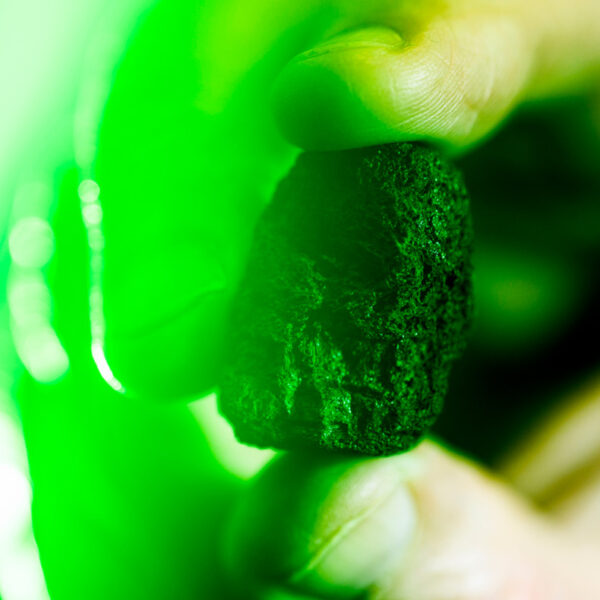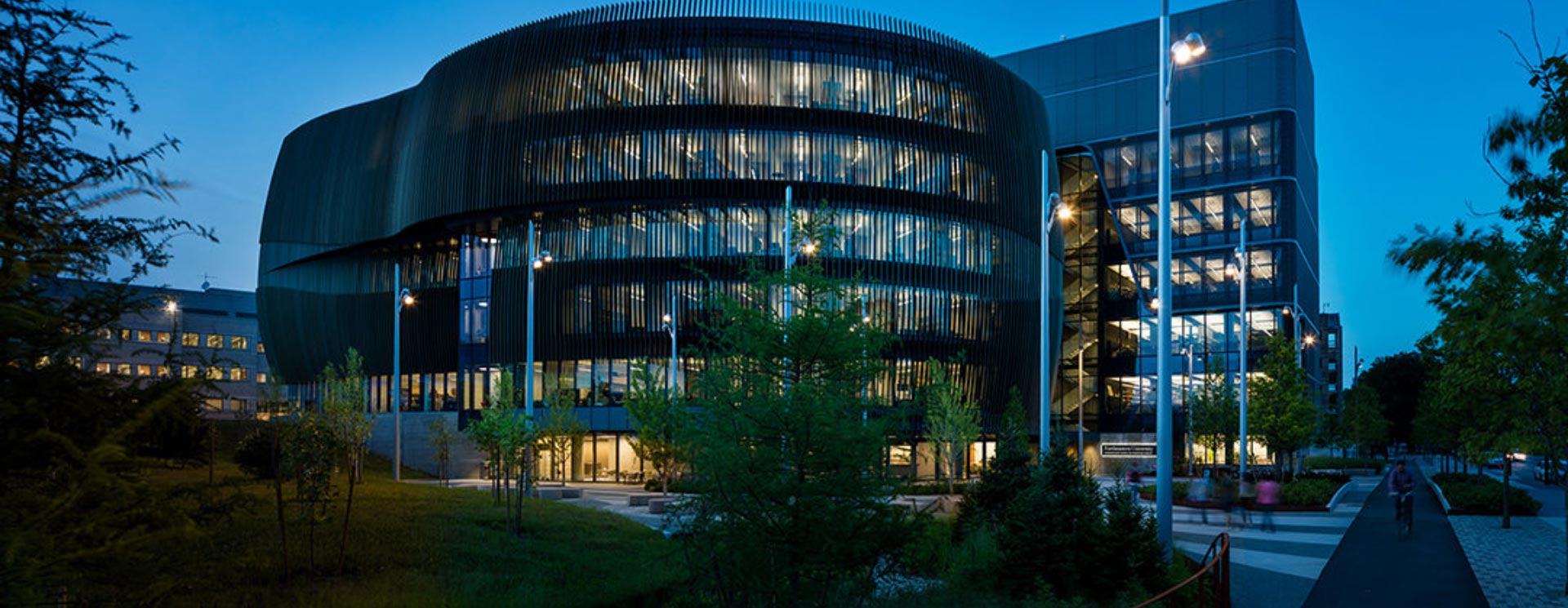
Science, Our Endless Frontier
The big questions of today require more than the sum total of our knowledge and ingenuity—they demand data, and lots of it. By harnessing powerful tools and algorithms, researchers can decode scientific complexities faster and at greater scales than ever before. A new, data-driven frontier has emerged, empowering scientists to transform our understanding of the world.
And with 37 interdisciplinary research centers and institutes, 15 of which are housed in the College of Science, Northeastern stands at the edge of the frontier. Come be a part of the next era of discovery.
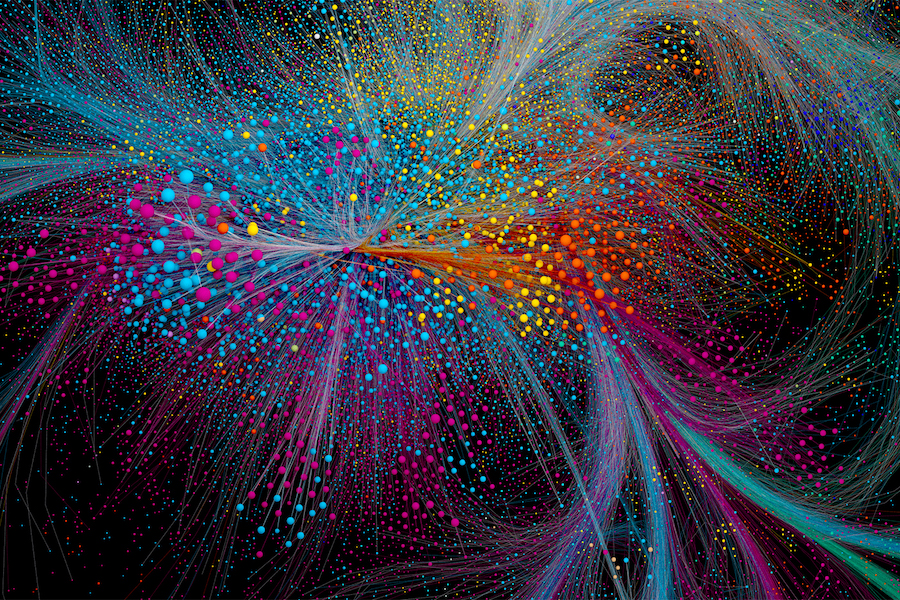
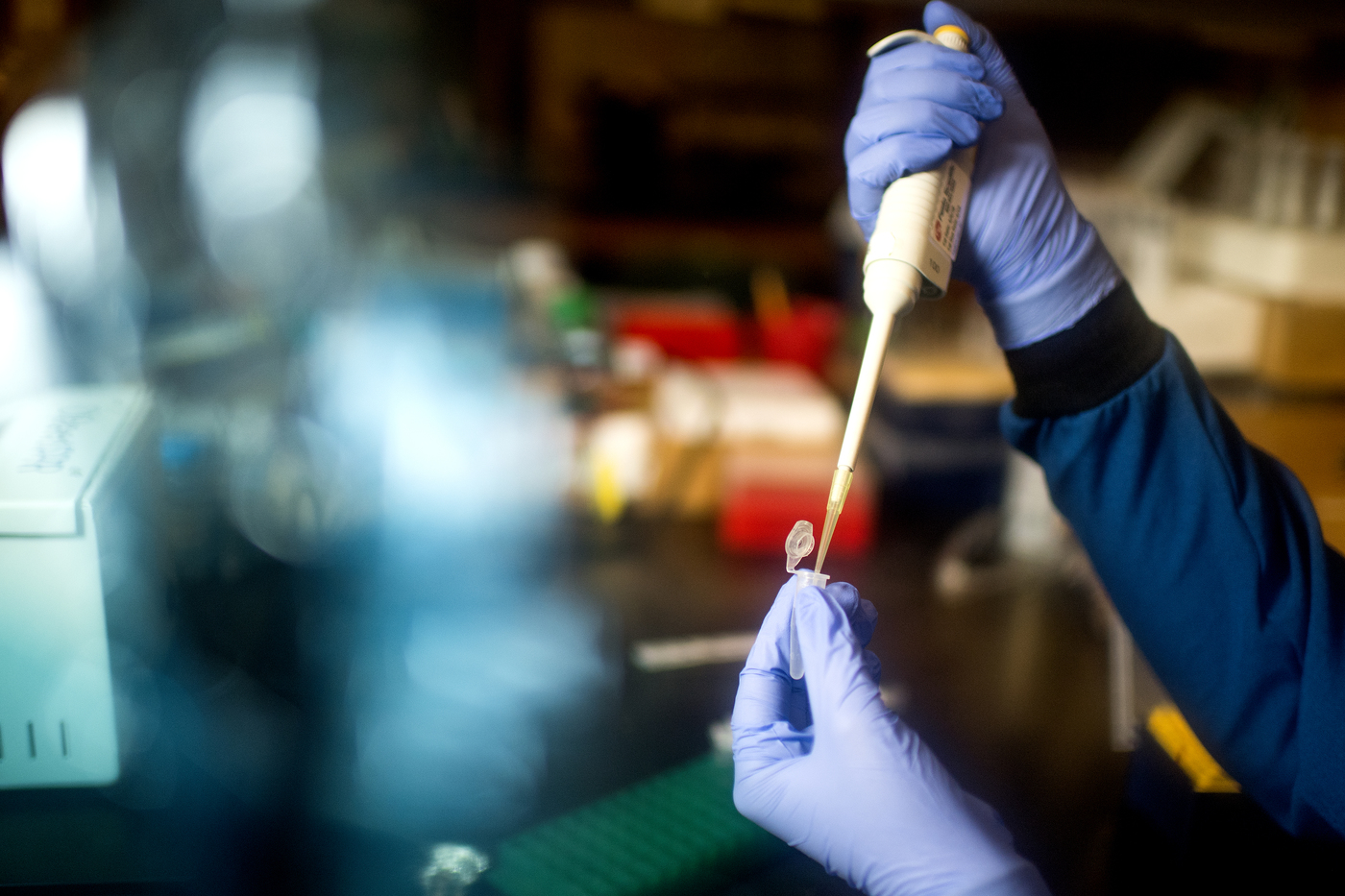

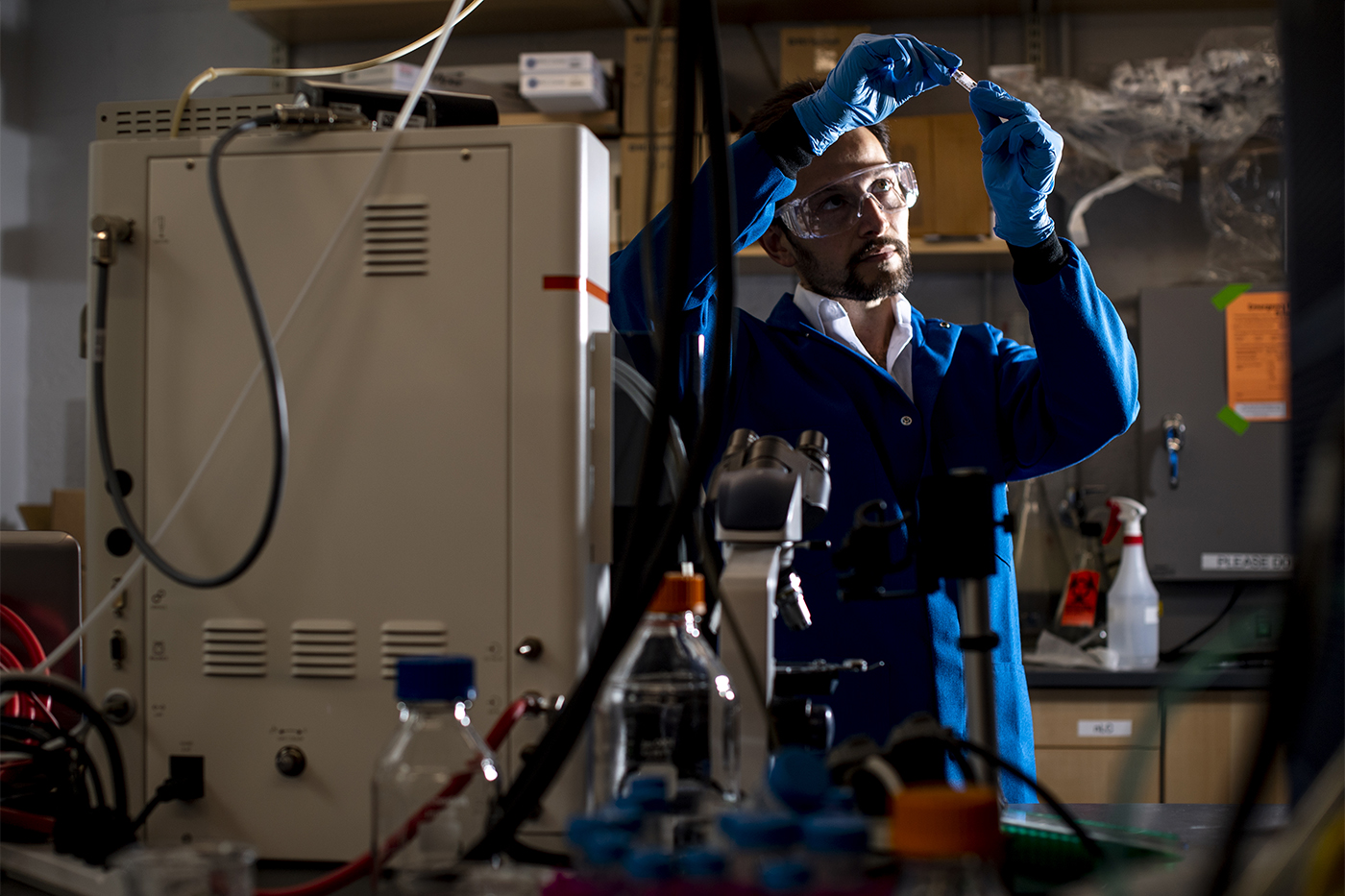
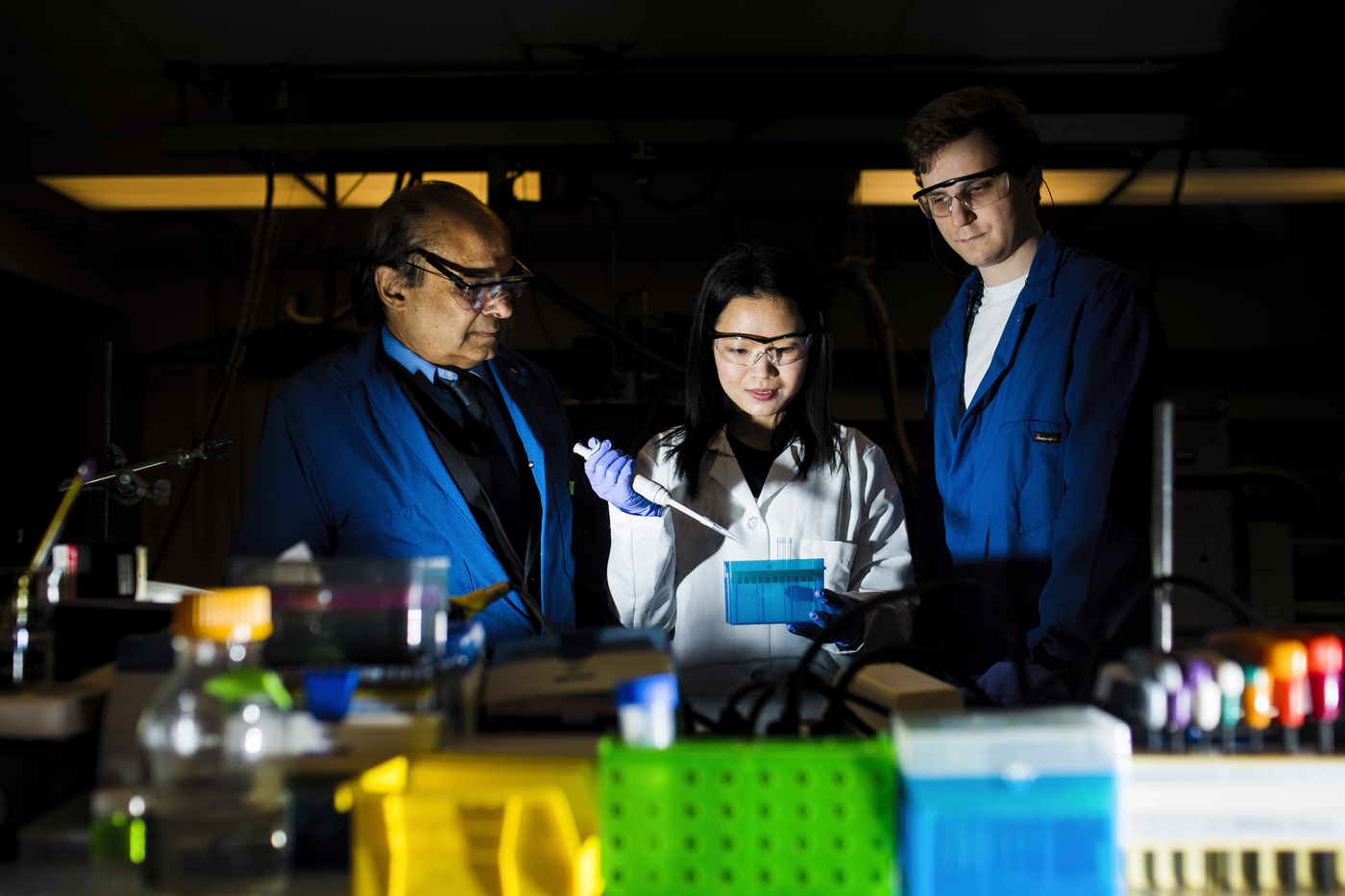
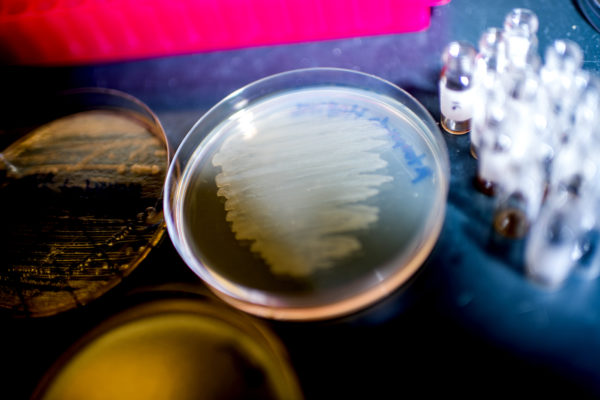
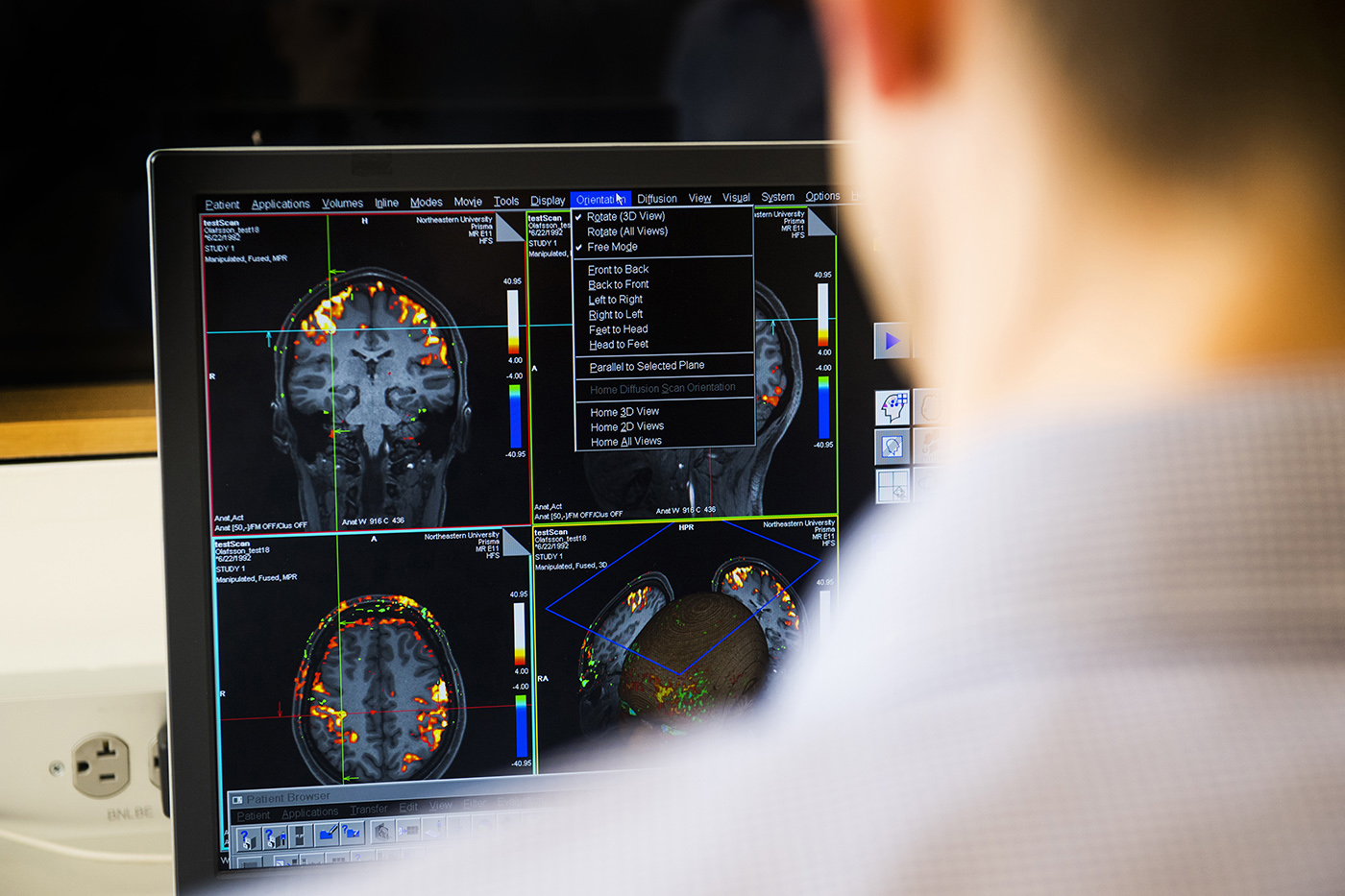
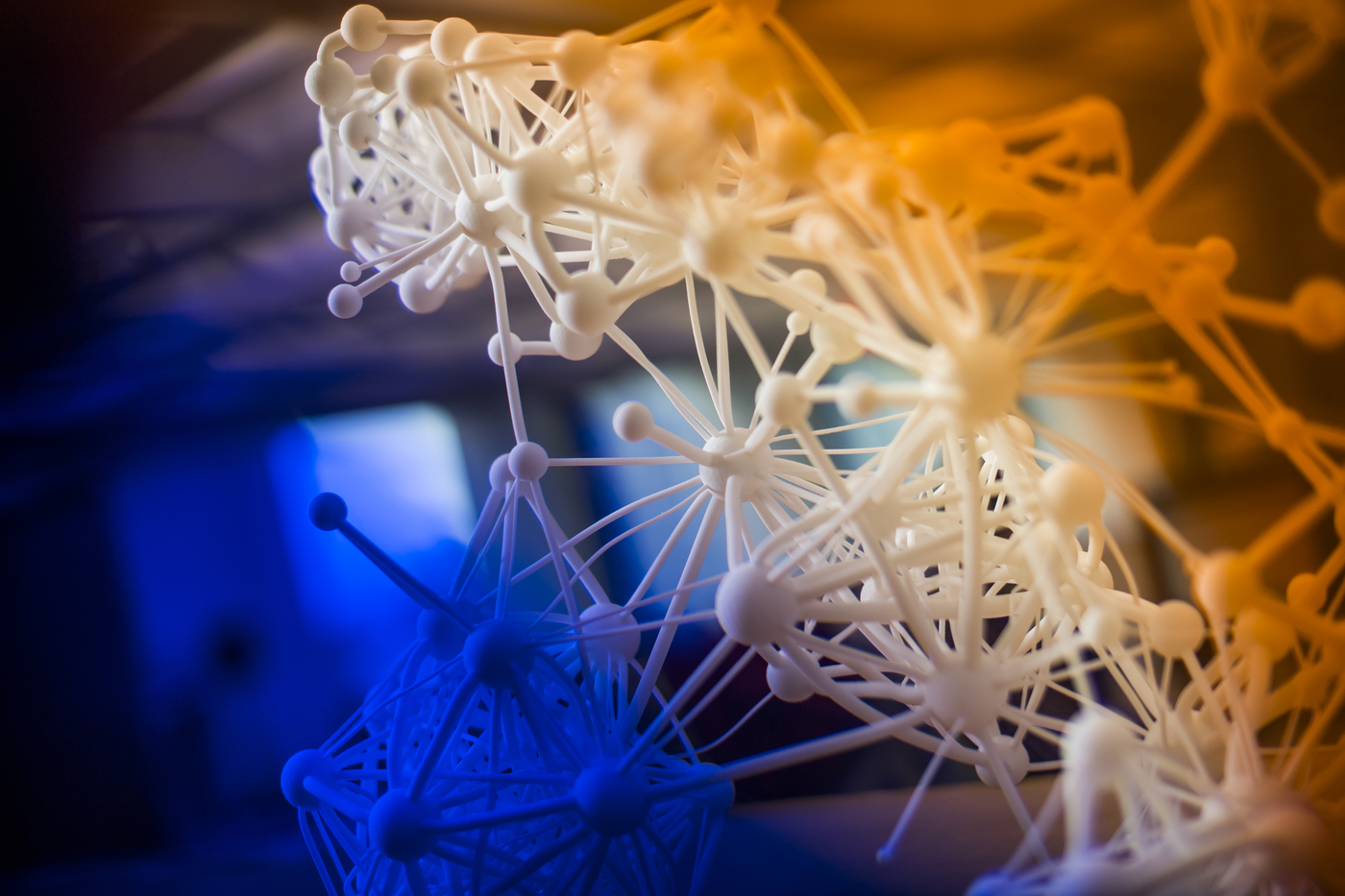
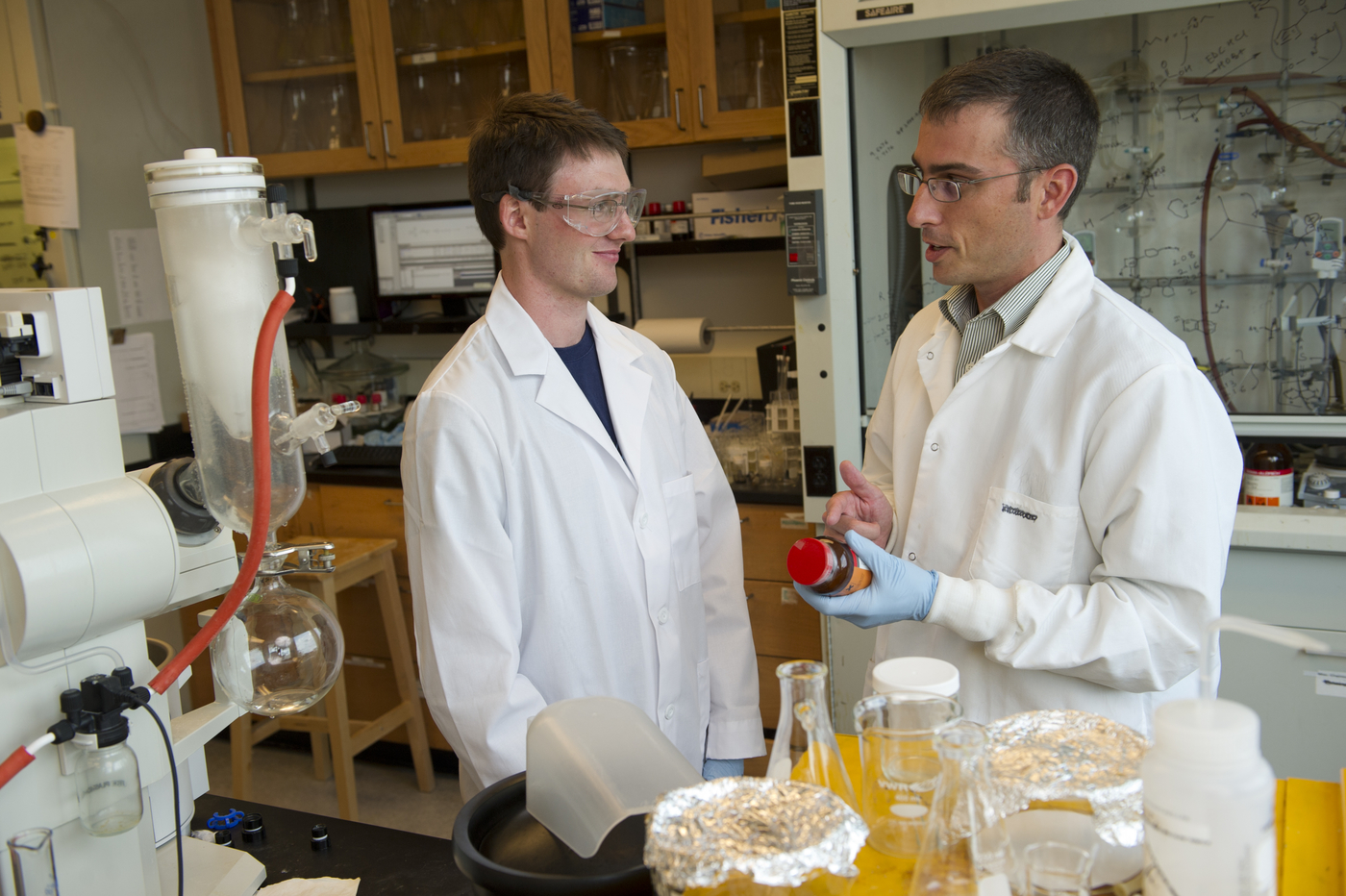

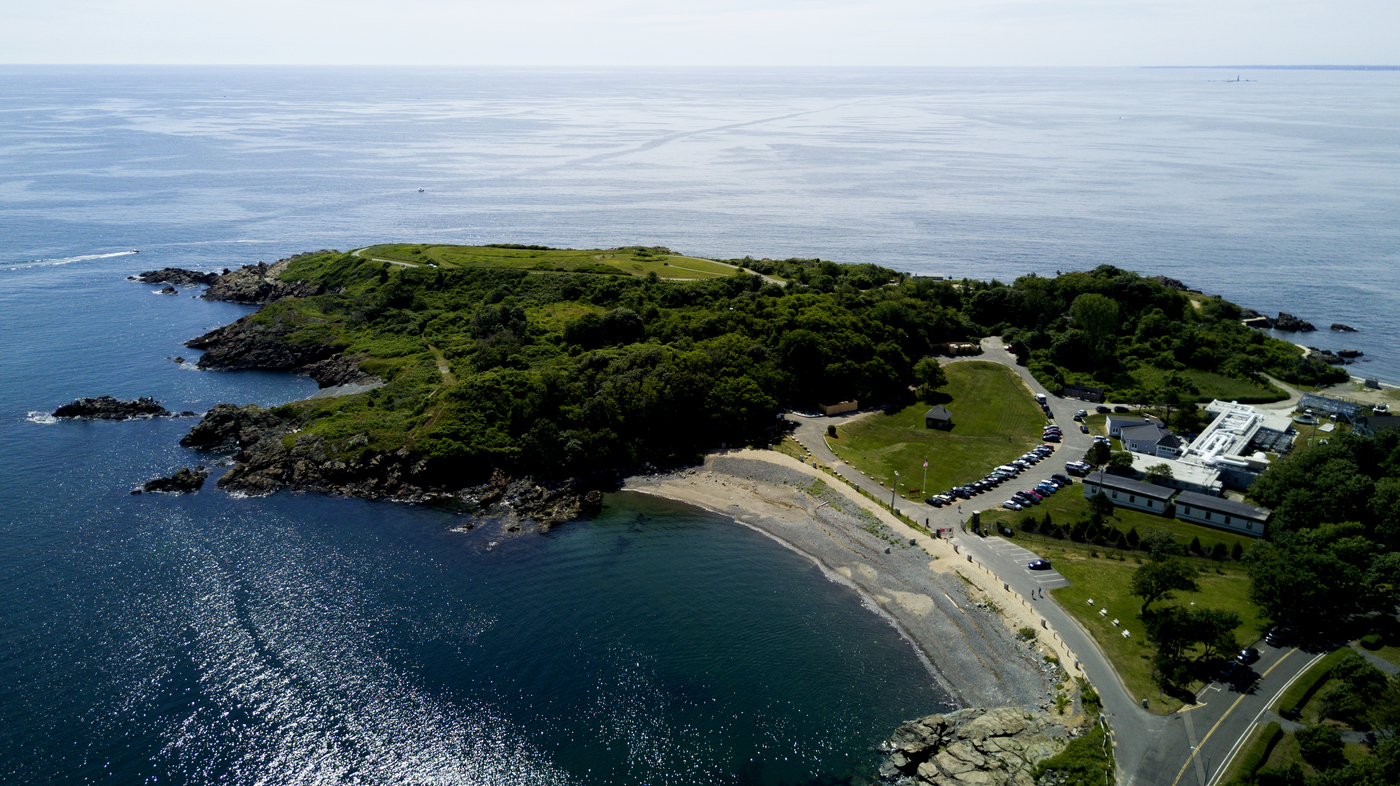
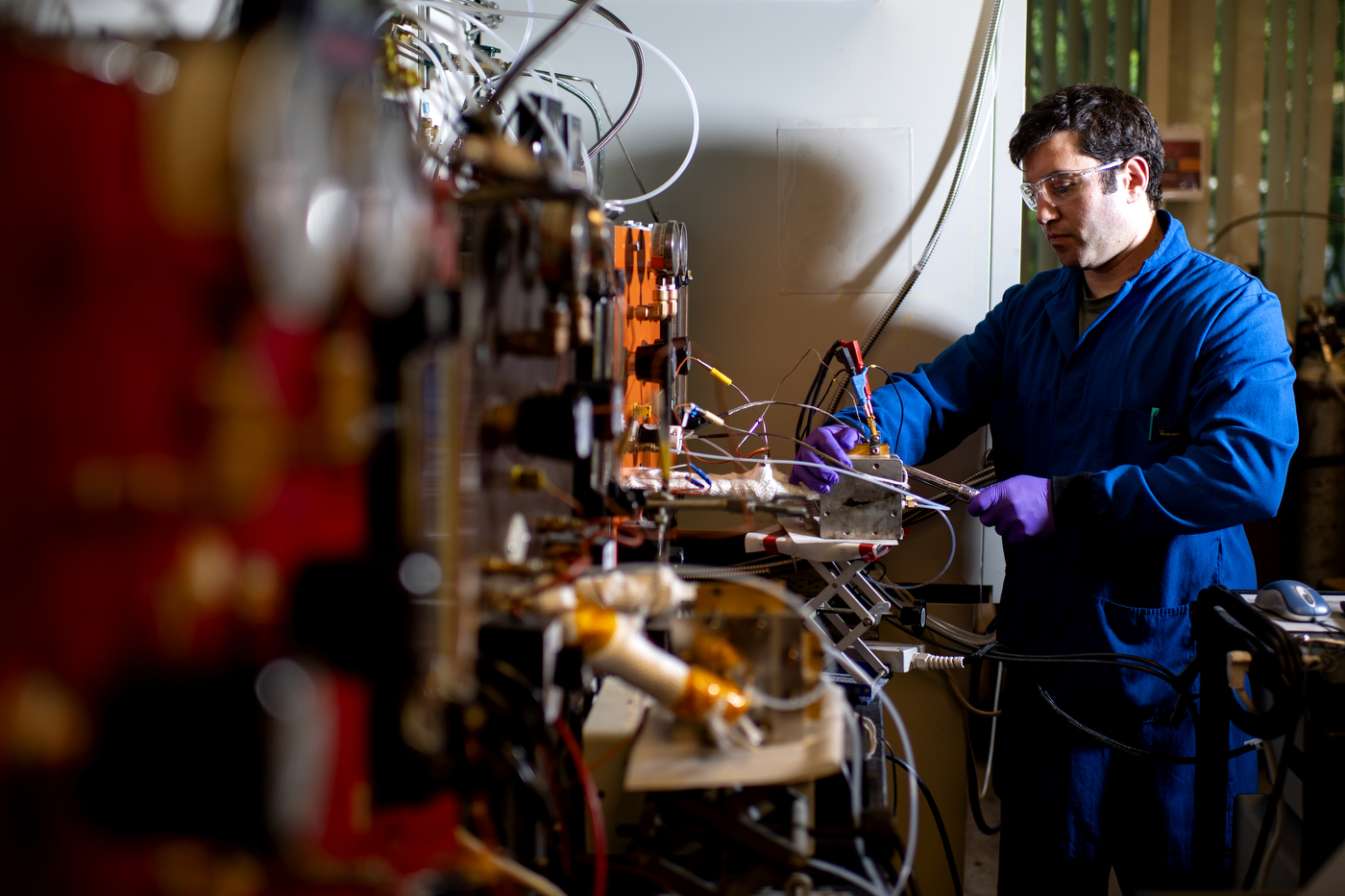

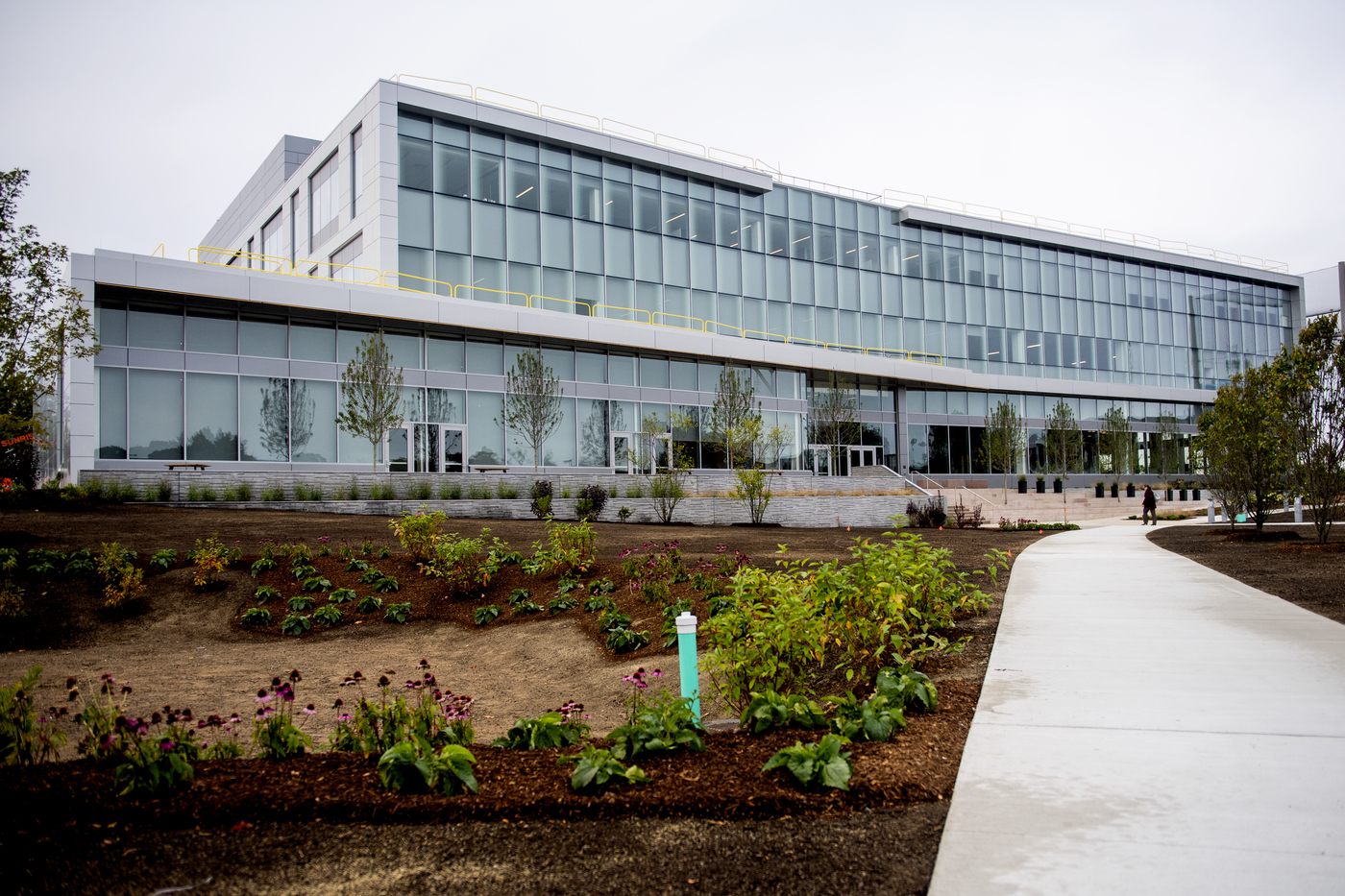

Sort By Research Area
Motor skills such as throwing a ball, eating with knife and fork or dancing are uniquely human and key to functional behavior. Optimizing the acquisition and preventing or reverting the degradation of skill requires a rigorous quantitative understanding. The Action Lab analyzes how human neurophysiology and task mechanics constrains sensorimotor skills and their change. This work has applications for and performance enhancement and recovery after neurological injury.
The focus of the Advanced Biomaterials for Neuroengineering Laboratory (ABNEL) is developing novel and transformative devices, biomaterials, and biophysical-based therapies for neuropathies in the Central, Peripheral, and Enteric nervous systems.
The ADDRES Lab studies interactions between materials and biological systems, with a current focus on the intestinal environment, via development of theoretical and tissue-engineered cell culture models.
Research in his lab focuses on two main areas. The first area examines the neural basis of affect including pleasure and pain, emotion (e.g. fear), and interactions between affect/emotion with cognition. The second area examines large-scale computational architectures of the brain with the goal that it will advance theory and research in affective neuroscience.
Dr. Melloni studies the neurobiology of aggressive behavior. The main goal of this research is to understand how drug use and exposure to social stress during adolescence alter brain development and influence aggressive behavior.
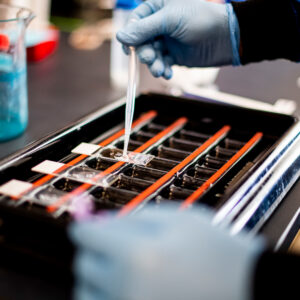

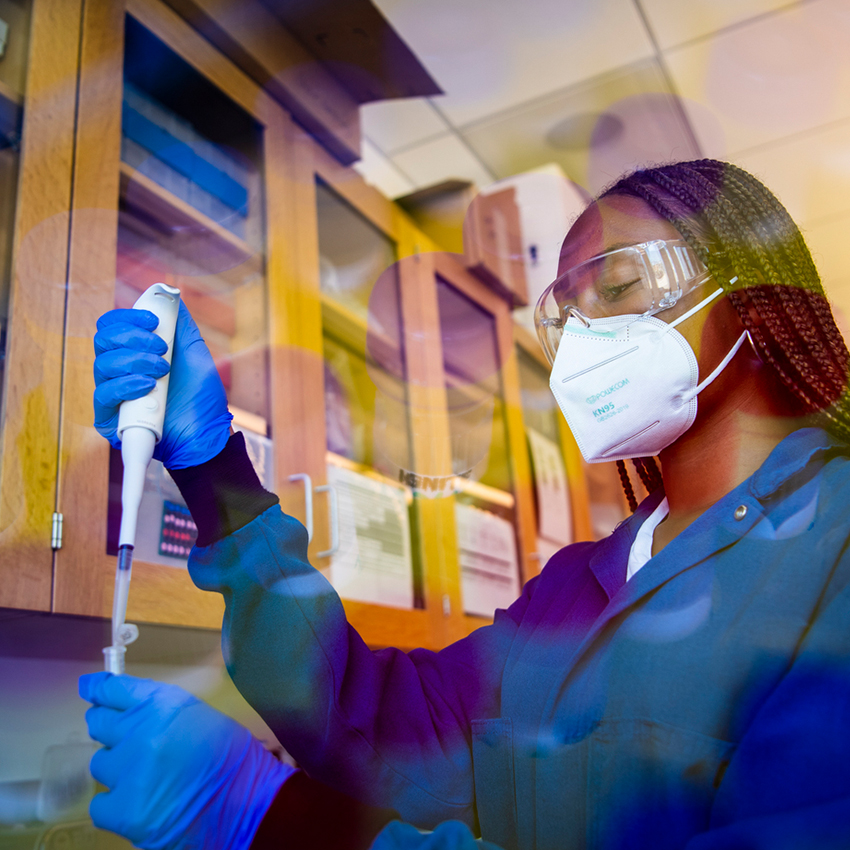


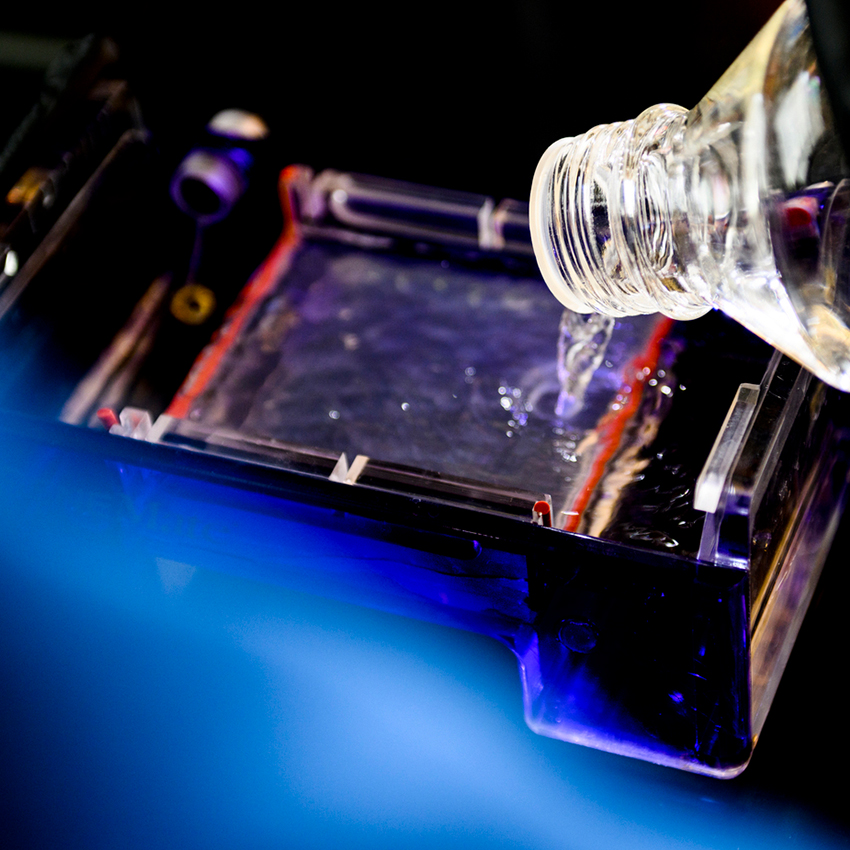
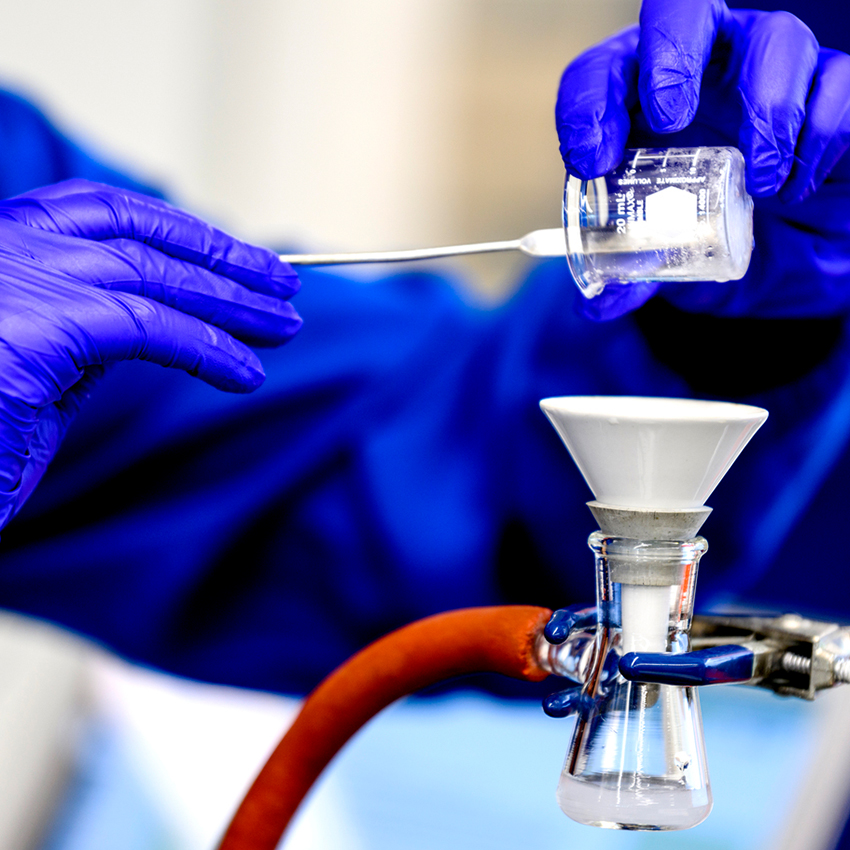
In the News



